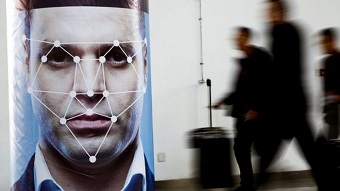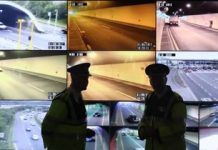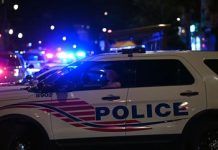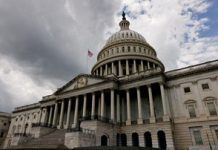San Francisco has became the first city in the U.S. to ban the use of facial-recognition software by city agencies and the police, dealing a swift symbolic blow to a key technology rapidly being deployed by law enforcement nationwide.
The 8-to-1 vote by the city’s Board of Supervisors will forbid public agencies from using the artificial-intelligence software to find the identity of someone based on a video clip or photograph. Privacy and civil-rights advocates have worried that the capability could be misused for mass surveillance and possibly lead to more false arrests.
The law will not regulate local businesses, and the technology is still largely unregulated across the U.S. But San Francisco’s ban will resonate because of the city’s identity as a friendly backyard for some of the world’s most powerful tech firms, including Google and Facebook, whose engineers have designed systems that can detect and recognize faces for business and consumer use.
“That a community where a lot of the folks are building facial recognition is the first to ban it is pretty telling of the dangers of the technology,” said Jevan Hutson, a University of Washington law student who advocated for a facial-recognition moratorium in Washington, the home state of Amazon and Microsoft. (Amazon founder and chief executive Jeff Bezos owns The Washington Post.)
For too long we’ve had this ‘move fast, break things’ model on the public side with surveillance,” Hutson added. “We’re reclaiming our ability to say no to technologies that deface democracy and our ability to live freely.” No federal laws govern the use of facial recognition nationwide, and more than 50 state or local police agencies across the country have at some point used facial-recognition systems in attempts to identify criminal suspects or verify identities.
Oakland, California, and Somerville, Massachusetts, have introduced bans similar to San Francisco’s. A bipartisan bill introduced in the U.S. Senate in March would ban companies, but not governments, from collecting facial-recognition data without consent. The San Francisco ordinance will also require all new surveillance equipment to be approved by city leaders, who could also seek measures “to verify that mandated civil rights and civil liberties safeguards have been strictly adhered to.”








